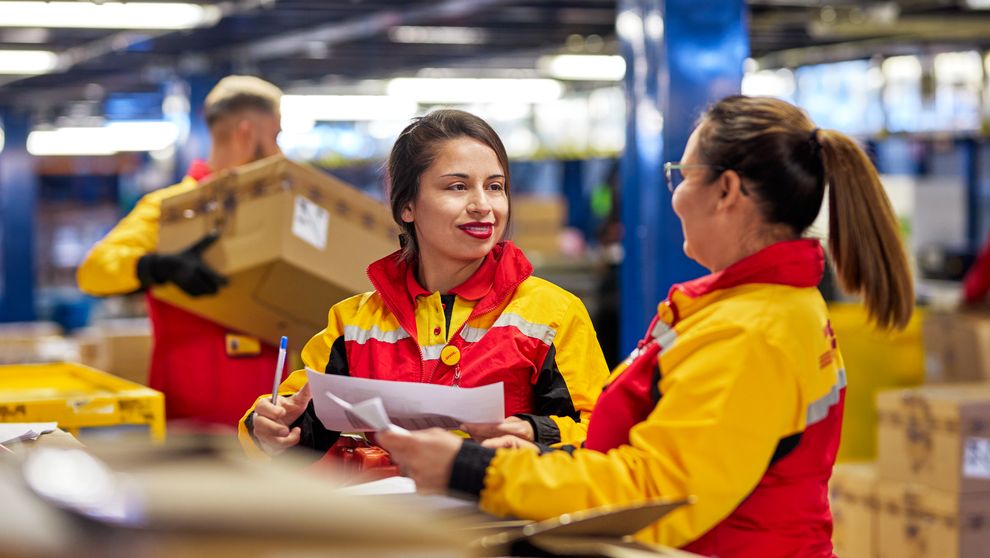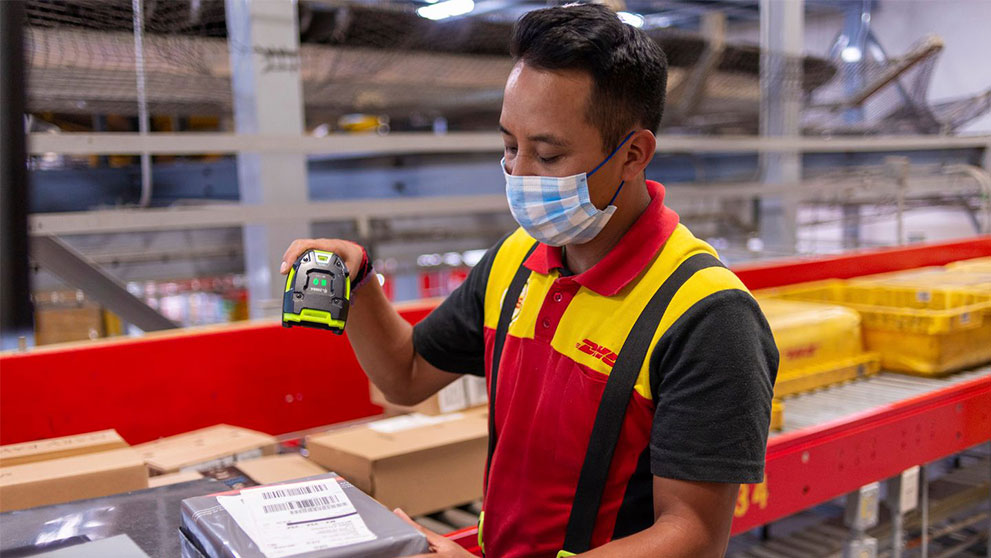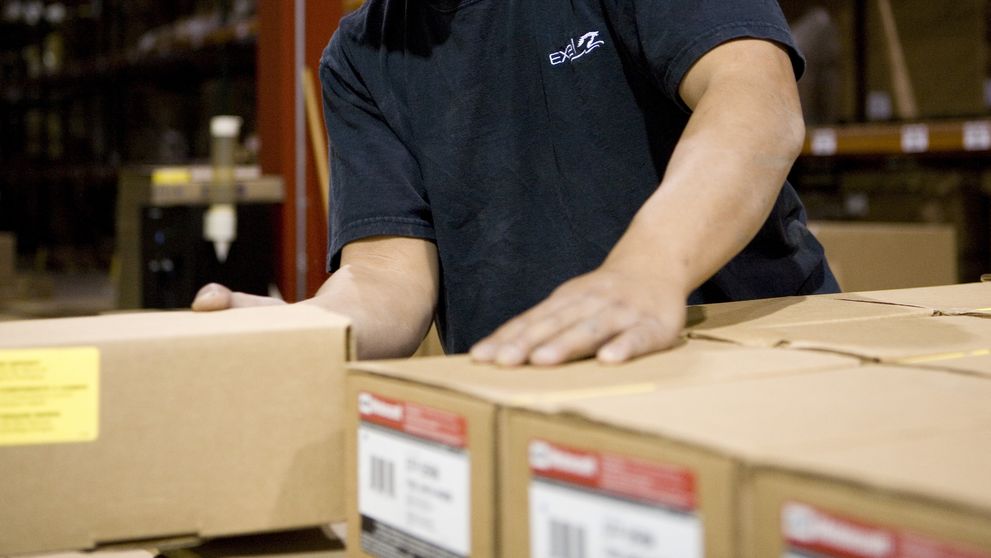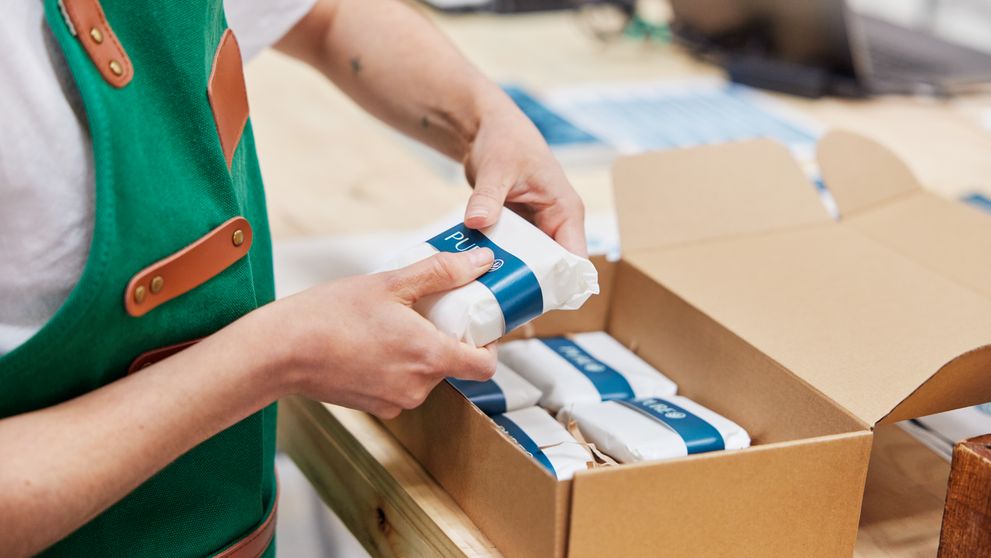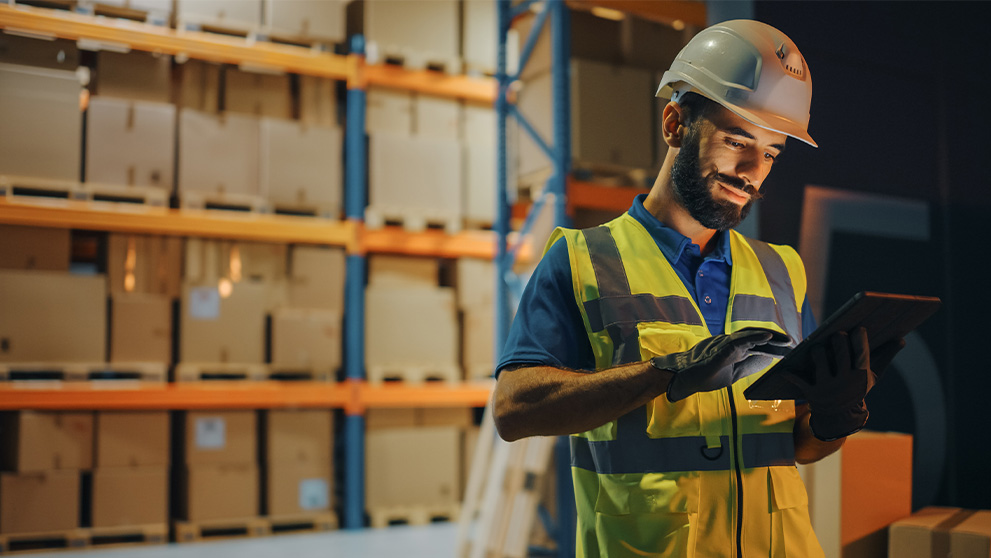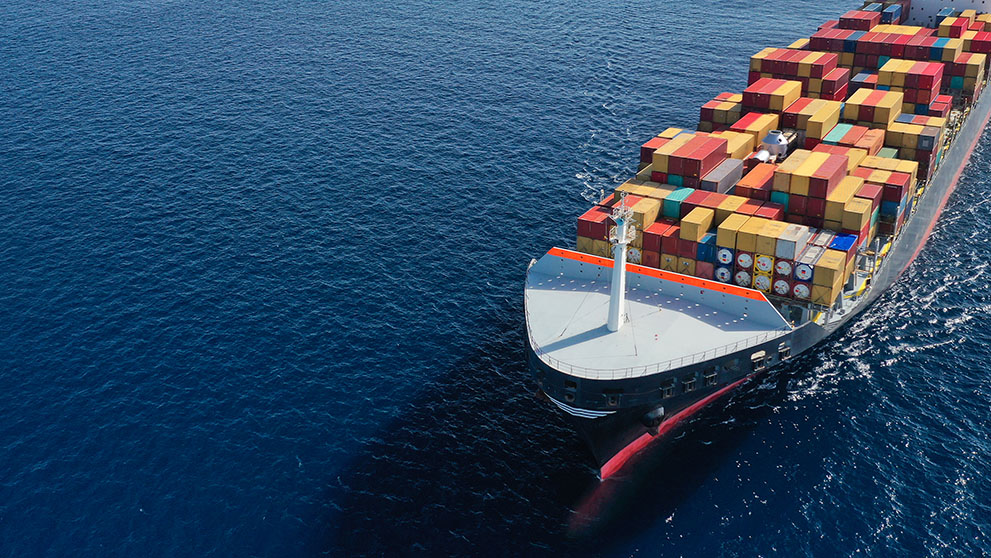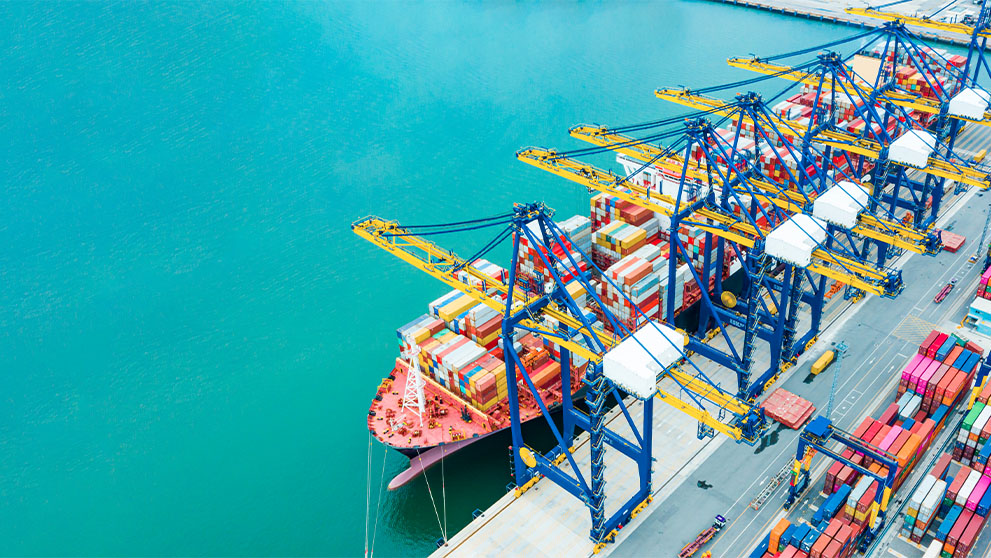Indonesia and Australia share a flourishing trade relationship fostered by geographic proximity and strong economic ties. This dynamic relationship facilitates a diverse exchange of goods, with Indonesia exporting key products like nitrogenous fertilizers, video displays, and crude petroleum to Australia, as reported by OEC. Additionally, what further supports and streamlines the trade of goods is the fair trade agreements between the two countries like the ASEAN-Australia-New Zealand Free Trade Area (AANZFTA).
For Indonesian businesses eyeing the Australian market, navigating the export process is crucial. Regulations and procedures can evolve due to various factors, including economic shifts or policy updates. It's, therefore, essential to stay informed on how to export to Australia.
Understanding Australia's customs regulations
Australia’s customs regulations are vital for maintaining the integrity of the country’s borders and protecting its economy and citizens. These regulations are enforced by the Australian Border Force (ABF), which plays a crucial role in managing the importation of goods, ensuring compliance with laws, and collecting import charges and taxes.
Understanding these regulations is essential for any Indonesian business looking to import goods into Australia. Non-compliance can lead to severe penalties, delays, and even the seizure of goods. Therefore, staying up-to-date with Australian customs regulations is a must.
Preparing for export: Documentation and requirements
To successfully ship goods from Indonesia to Australia, certain documentation and requirements must be met. These documents serve as proof of compliance and facilitate the customs clearance process.
Essential documents for export
- Commercial Invoice: This document is a detailed statement provided by the seller to the buyer outlining the goods sold and their value.
- Airway Bill: This is a transport document that serves as proof of the contract of carriage.
- Packing List: This is a detailed list of items included in the shipment.
- Certificate of Origin: This is a document certifying that the goods were produced in Indonesia.
- Import Declaration: This is a document required for any customs clearance procedure. This must be sent to the Australian Border Force, which details the goods being imported.
Specific requirements for different types of goods
Some imported goods may require additional documentation and inspections before they can be cleared from customs.
Food and agricultural products
Goods are typically subject to inspection by the relevant regulatory department. For example, imported food for sale will be inspected and tested under the Australian Government's Imported Food Inspection Scheme (IFIS).
Additionally, agricultural or plant products are required to have supporting documents from the Department of Agriculture, Fisheries, and Forestry to help streamline their entry. These documents may include phytosanitary certificates or public health certificates.
Manufactured goods
All manufactured goods must meet Australia's safety standards. Moreover, they should not infringe trademarks, copyrights, and protected Olympic insignia.
Textiles and clothing
It’s important to be aware of the substance regulations in Australia. Some chemicals in the textile manufacturing process are considered too dangerous for any use, including Polychlorinated biphenyls (PCBs) and Asbestos. There are also substances that need to be regulated as high levels of them on a textile could be harmful. These include formaldehyde and azo dyes.
Tariffs, duties and other charges
When importing goods from Indonesia into Australia, it is crucial to have a clear understanding of tariffs and duties to avoid unexpected expenses. Importers are responsible for accurately self-assessing the correct tariff classification for their goods. If an incorrect tariff is declared, it can result in significant penalties. To mitigate this risk, the Australian Border Force often advises importers to collaborate with customs brokers, who can help streamline the classification and compliance process.
Import duties with a value of over AU$1000 and imported goods like tobacco, tobacco products, and alcohol are subject to customs duty. As a member of the ASEAN-Australia-New Zealand Free Trade Area (AANZFTA), Indonesia may benefit from preferential tariff rates on certain goods, making trade between the two countries even more advantageous.
Imported goods are also subject to import processing charges, which may vary depending on the goods. For example, electronics that are warehouse goods are charged AU$23.00.
Prohibited and restricted imports
Before exporting goods to Australia, Indonesian businesses must be aware of the different items that are restricted and prohibited. Some of the goods that the Australian Government controls include motor vehicles, yachts, animals, antiques, precious metals, coins, jewellery, and intellectual property.
For prohibited goods, these include cultural heritage goods, drugs and narcotics, electromagnetic weapons, fish, ice pipes, and more. To ensure compliance, it’s essential to thoroughly review and double-check the list of prohibited goods provided by the Australian Border Force before proceeding with any export plans.
Customs clearance process
Navigating the customs clearance process in Australia requires precision and adherence to established procedures. Here’s a step-by-step guide:
- Lodging an import declaration: Submit your import declaration to the Australian Border Force electronically, detailing the nature and value of your goods.
- Customs inspection and clearance: The Australian Border Force may inspect the goods upon their arrival to ensure compliance with Australian laws. This step is crucial for ensuring that no prohibited items enter the country.
- Paying duties, taxes and other applicable import charges: Once cleared, you will be required to pay any applicable duties, taxes and import charges before the goods can be released from customs.
- Final release of goods: After payment, the goods will be released for delivery to their final destination.
Tips for staying compliant with Australian customs clearance requirements and regulations
Ensuring compliance with Australia’s customs regulations is critical for avoiding penalties, delays, and other complications that can arise during the import process. Here are some essential tips to help you maintain compliance and ensure a smooth experience:
1. Stay informed about updates to customs regulations
Customs regulations are subject to change, and staying informed is crucial for any business involved in international trade. Regularly review updates from the Australian Border Force (ABF) and other relevant authorities to ensure that your business is always operating within the latest legal frameworks.
2. Ensure all documentation is accurate and complete
One of the most common causes of delays and penalties in the import process is incorrect or incomplete documentation. From the commercial invoice to the import declaration, every document must be filled out with precise information. Double-check the details, such as product descriptions, values, and tariff classifications, to avoid any discrepancies.
3. Work with experienced customs brokers and logistics providers to avoid common pitfalls
Navigating the complexities of customs regulations can be challenging, especially for businesses new to international trade. Partnering with experienced customs brokers and logistics providers can help you avoid common pitfalls such as misclassification of goods, incorrect duty calculations, and non-compliance with import restrictions. They are well-versed in the intricacies of the import process in Australia and can provide valuable guidance on regulatory requirements, documentation, and compliance strategies.
4. Regularly review and audit your import processes
To maintain compliance, it’s important to regularly review and audit your import processes. This includes verifying that all procedures align with current regulations, assessing the accuracy of your documentation, and ensuring that all staff involved in the import process are adequately trained. Conducting periodic audits can help identify potential areas of non-compliance and allow you to address them proactively, reducing the risk of penalties and ensuring a smooth operation.
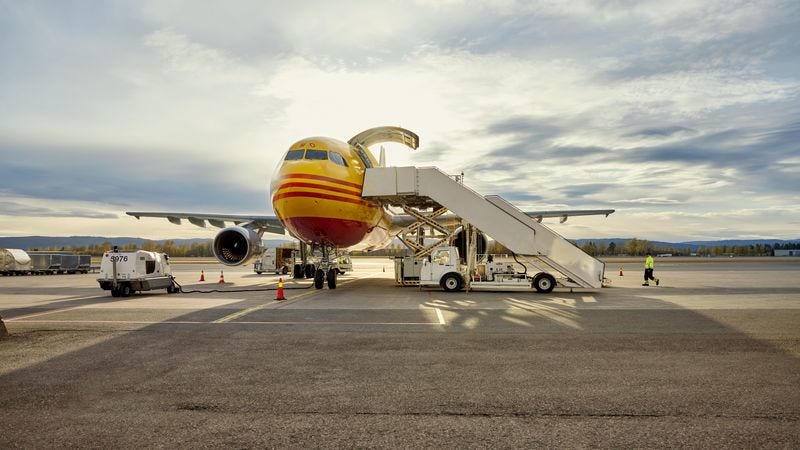
Work with DHL Express for shipping your goods to Australia
Navigating the complexities of international shipping regulations requires the expertise of a seasoned logistics provider like DHL Express. With years of experience, we at DHL Express have supported countless businesses in shipping goods to Australia, offering a wide range of services designed to help businesses expand their operations internationally. Here are a few reasons to consider partnering with DHL Express when shipping from Indonesia to Australia:
- Global reach: With an extensive network, DHL Express ensures that your goods are transported efficiently across borders.
- Customs expertise: DHL Express can help you navigate the complexities of Australia’s customs regulations, reducing the risk of delays and penalties.
- End-to-end support: From documentation to final delivery, DHL Express provides comprehensive support for all your shipping needs.
Open a business account with us today to experience reliable and convenient international deliveries with DHL Express. For more tips on customs clearance, check out our guide on how to avoid getting packages stuck in customs.
